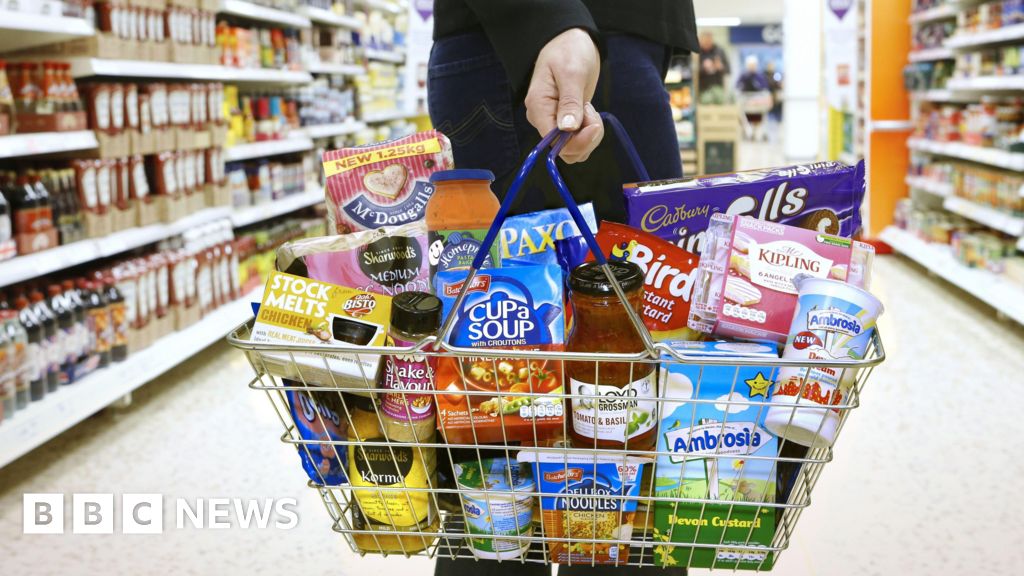ARTICLE AD BOX
Money lender Amigo is warning it may not survive after revealing it has set aside £345m as a compensation pot against mis-selling claims.
The business, which lends money to people with poor credit records, also revealed a jump in annual losses to £284m, compared with £38m last year.
In May, the High Court rejected its plan to set aside a separate pot of money for compensation.
Amigo had faced a deluge of complaints the company had mis-sold them loans.
The business is the last sub-prime lender in the market after leading brand Wonga went under.
Amigo, which offered loans with an interest rate of up to 49.9%, was forced to stop lending last year after thousands of complaints from customers who say they were approved for loans that they could never afford to repay.
A host of these complaints have come via claims management companies.
The regulator, the Financial Conduct Authority (FCA), says that a loan is unaffordable if making the repayments means someone has to borrow more money or get behind with essential bills.
It has tried once to negotiate a settlement that would have seen those customers get pennies on the pound, but it was rejected by the High Court in May.
Amigo is preparing to present a new proposal to the FCA and the High Court. If this next offer is rejected, it is likely to go under.
In the results statement, which was originally due to be made in July, the company said there was a "material uncertainty" around its ability to continue as a going concern.
Gary Jennison, Amigo's chief executive said he was keen to save the company, as it offered essential finance to those who could not access mainstream lending.
"The issues of the past are real, but do not diminish the need in society for lenders like Amigo," he said.
"Amigo allows ordinary people, excluded by banks and other mainstream credit providers, to access mid-cost finance when they are funding life essentials and to stay away from much higher-cost payday or illegal lenders."

 3 years ago
99
3 years ago
99








 English (US) ·
English (US) ·